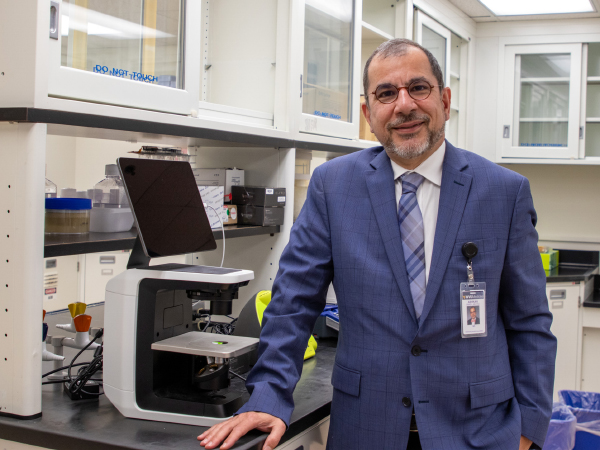A study led by researchers at UT Southwestern Medical Center reveals significant disparities across the country in the use of immunotherapy for patients with advanced kidney and bladder cancers.
To access this subscriber-only content please log in or subscribe.
If your institution has a site license, log in with IP-login or register for a sponsored account.*
*Not all site licenses are enrolled in sponsored accounts.
Login Subscribe
If your institution has a site license, log in with IP-login or register for a sponsored account.*
*Not all site licenses are enrolled in sponsored accounts.
Login Subscribe






